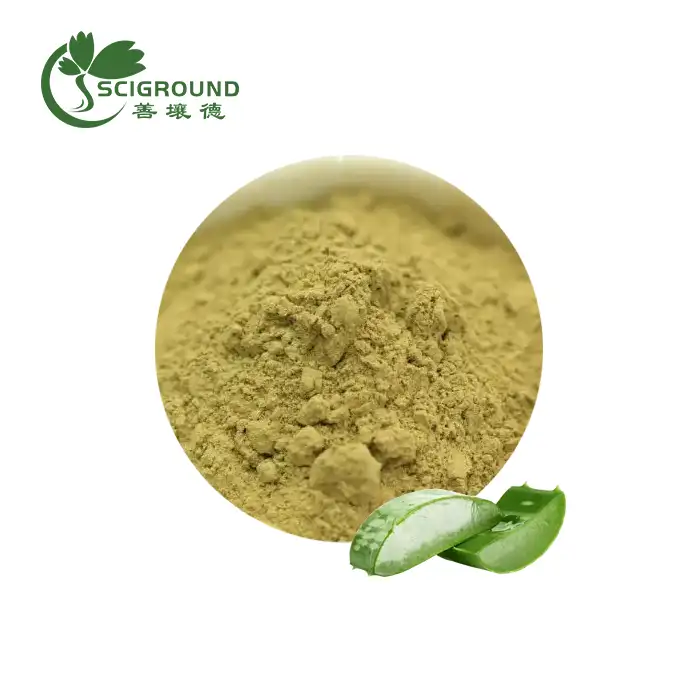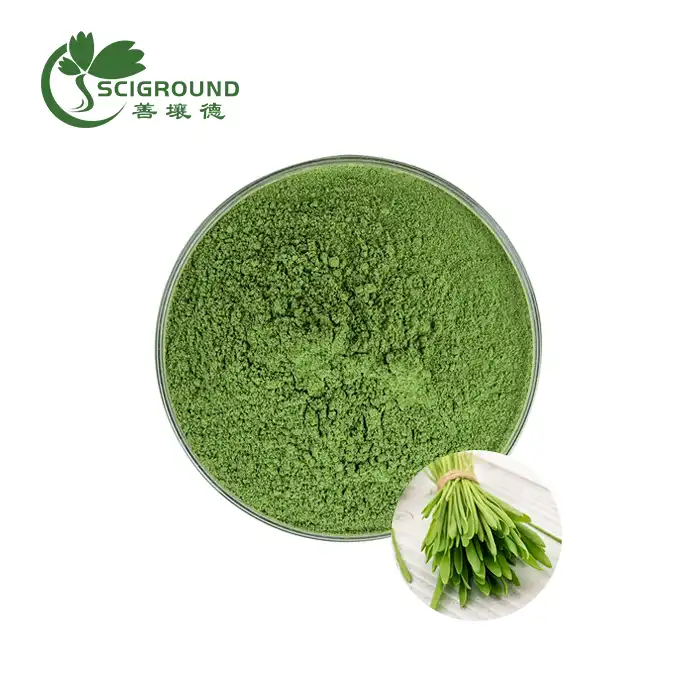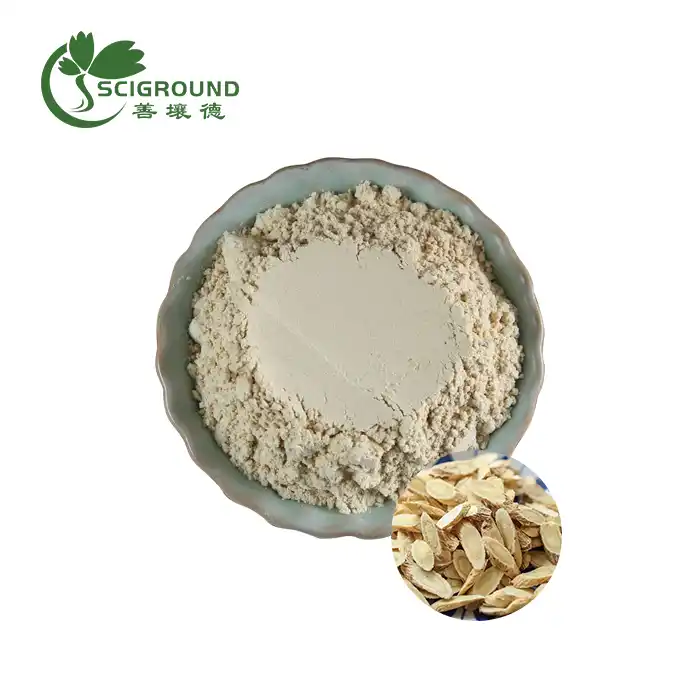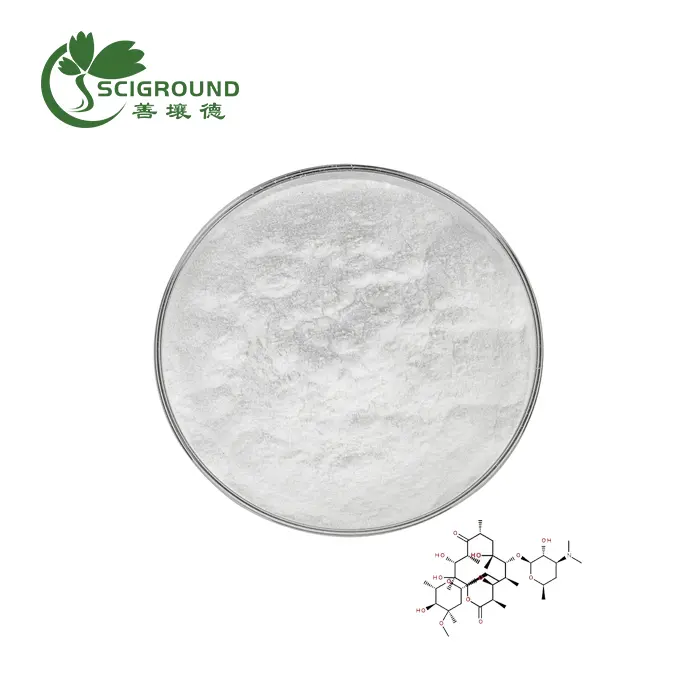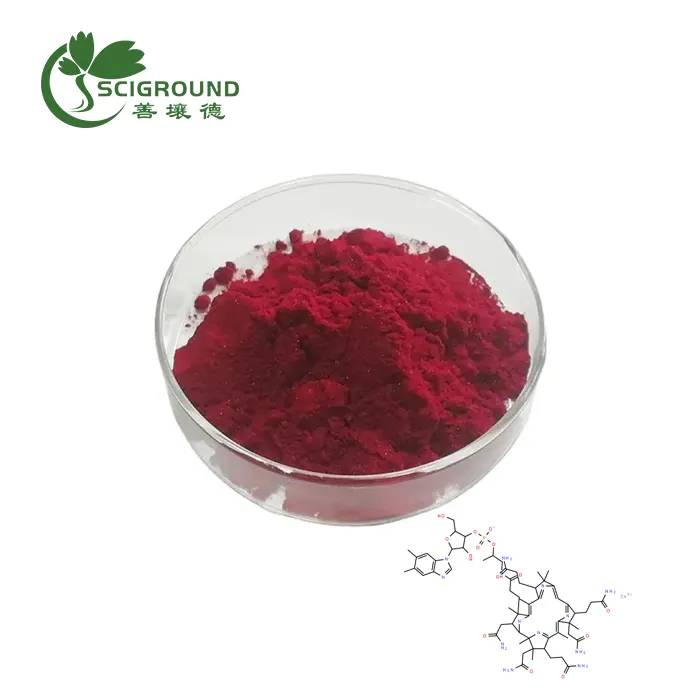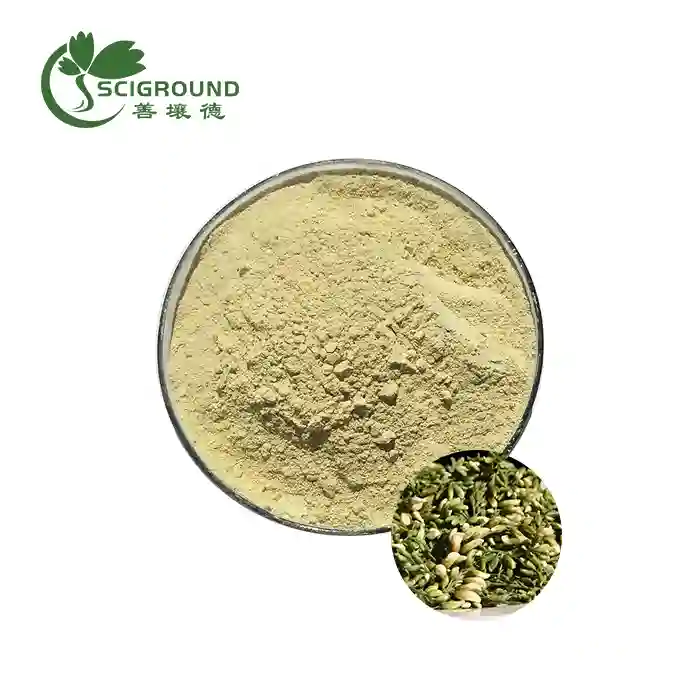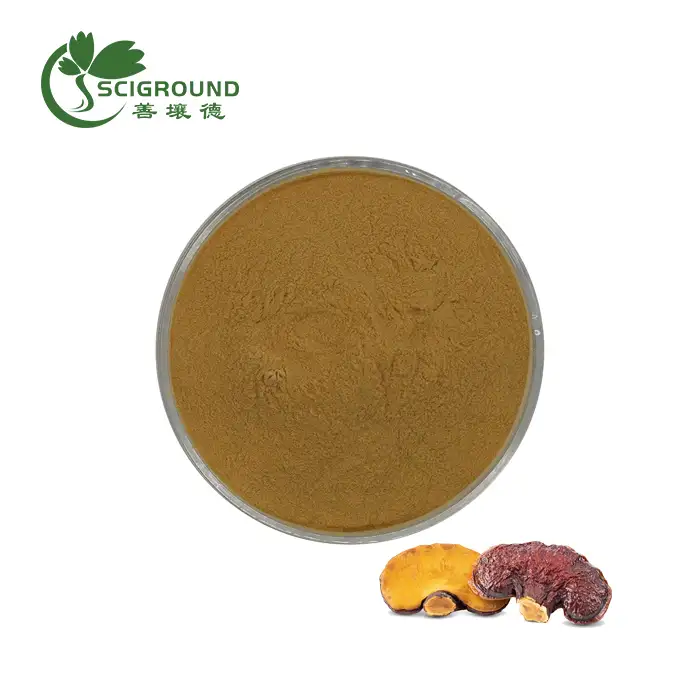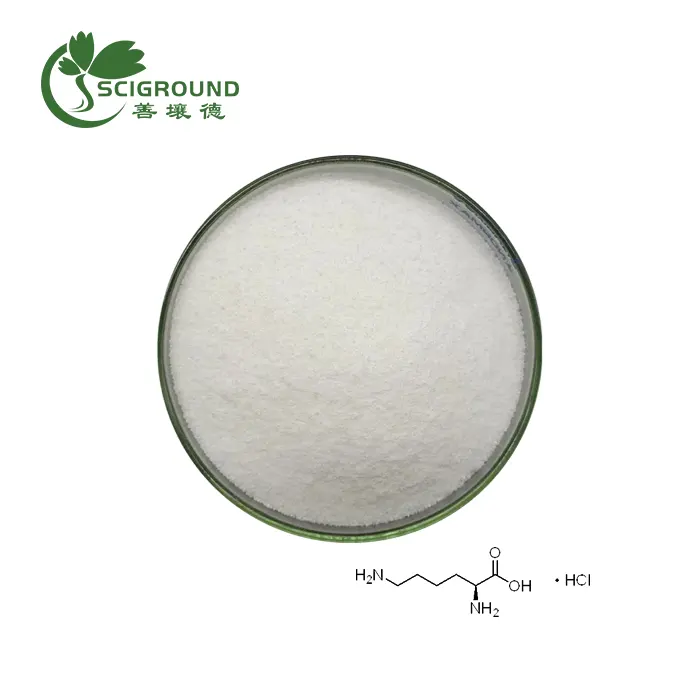Does Creatine Monohydrate Expire
As someone who takes creatine supplements to support my workout goals, I was curious whether creatine expires and how long it remains effective. With containers sitting in my pantry for months, I wanted to find out if taking old creatine is still safe and provides the same performance-enhancing effects. In this detailed guide, I’ll provide key background on creatine and analyze the expiration question, so you can determine the lifespan and optimal use of your creatine supplements.
What is Creatine?
Creatine is a nitrogenous organic acid naturally produced in the human body to supply energy to cells, mainly muscle and nerve cells. It plays a key role in providing quick energy through ATP cycling during anaerobic activity like weightlifting or sprints. The body synthesizes around 1-2 grams of creatine per day, with the rest obtained from foods like meat and fish. But research shows supplementing with creatine monohydrate further increases muscular stores for performance benefits.
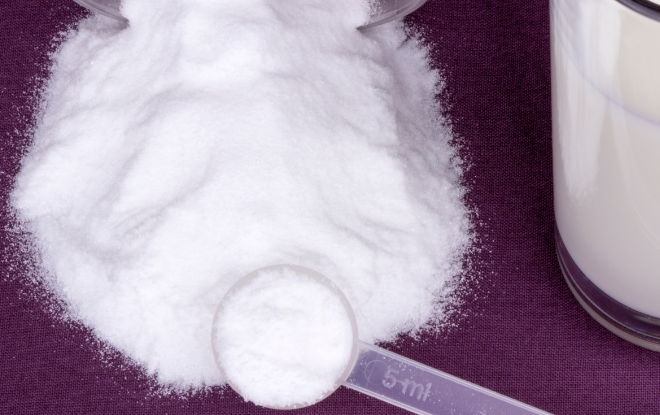
What’s Creatine Monohydrate?
Creatine monohydrate powder bulk is the most common supplemental form - creatine bound with a water molecule. Manufacturers produce it by dehydrating aqueous solutions containing dissolved creatine. This creates a stable white powder that mixes easily into liquids for consumption. Creatine monohydrate has been extensively studied for decades and is considered the gold standard for safety and efficacy. Because creatine powders have a higher water content, determining their expiration is important.
Other Forms of Creatine
While monohydrate remains most popular, other forms like creatine ethyl ester, creatine hydrochloride, creatine citrate, and liquid creatine exist. However, limited data supports these newer forms over regular monohydrate for absorption or effects. Different forms also have unique stability profiles that influence expiration length. Properly stored creatine monohydrate powder generally lasts the longest.
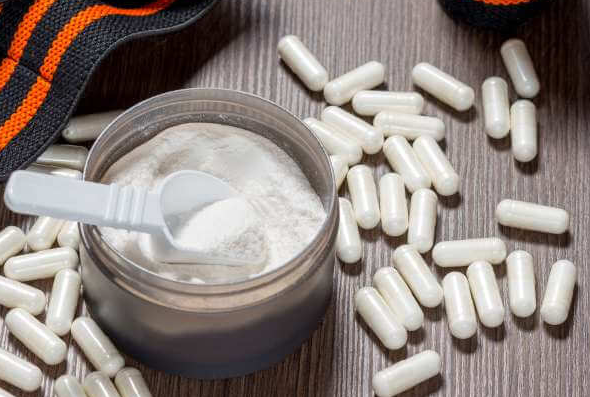
Liquid Creatine vs Powder
Liquid creatine consists of creatine pre-dissolved in water rather than powder form. Manufacturers claim better absorption, but evidence doesn’t support this. Liquid creatine is less stable with a shorter shelf life of about 1-2 months once opened. The water content and lack of preservatives accelerate degradation. For longer lasting and better value, stick with dry creatine monohydrate powders.
Why Take Creatine Supplements?
Extensive research shows creatine monohydrate wholesale improves high-intensity exercise performance, muscle strength, and lean mass gains when combined with training. Benefits include:
Increased power output, endurance, and work capacity (1)
Greater lean tissue and muscle fiber growth (2)
Enhanced muscle recovery between sessions (3)
Reduced protein breakdown during training (4)
Increased anabolic hormones like IGF-1 (5)
Daily creatine prior to workouts can provide significant performance and physique-enhancing effects.
Does Creatine Expire?
Yes, creatine does expire eventually. But pure, powdered creatine monohydrate has a long shelf life. Expect proper storage to last:
18-24 months sealed
12-18 months once opened
Reduce to 6-12 months in hot, humid environments
The expiration depends on storage conditions, humidity, and exposure to moisture and heat. Properly stored creatine lasts 12-24 months typically.
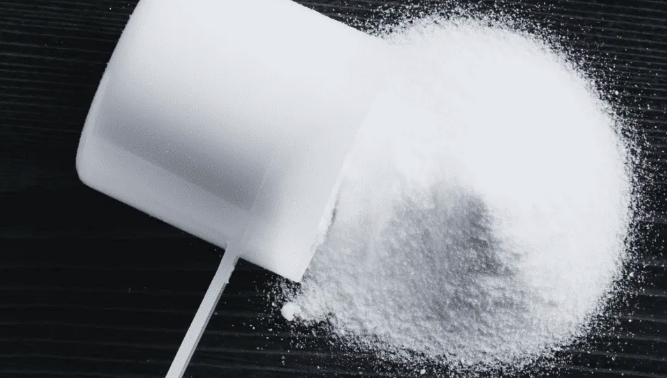
What Happens If I Take Expired Creatine?
Consuming expired bulk creatine past its stability period poses minimal safety risks. But degradation impairs its effectiveness. Signs of expired creatine include:
Reduced solubility and clumping
Color changes from white to yellowish
Loss of the crystalline structure
Diminished exercise performance benefits
While using very outdated creatine won’t harm you, expect decreases in stability, solubility, and effects. Stick within the 12-24 month usage window for optimal results.
Does Creatine Have an Expiration Date?
Most creatine supplements contain printed expiration or best by dates on the package reflecting the manufacturer's suggested shelf life. For unopened bulk creatine monohydrate powder, this is around 18-24 months from the encapsulation date under proper storage conditions. Once opened, expect potency to remain stable for about 12-18 additional months. Note these are general estimates that depend on storage.
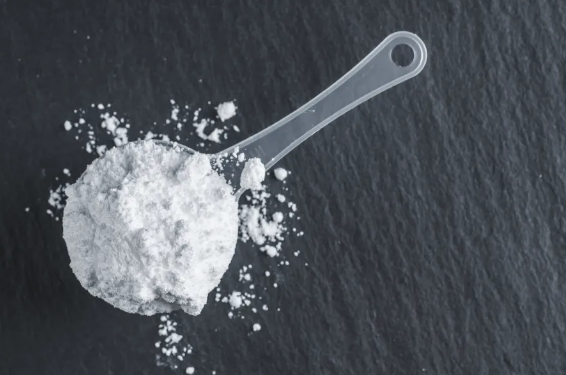
How Long Can You Use Creatine Monohydrate?
When stored in a cool, dry environment away from moisture and direct sunlight, creatine monohydrate powder can last around:
1-2 years sealed unopened
6-12 months after opening
Reduce to 3-6 months in hot humid climates
Beyond these timeframes, inspect your creatine powder closely. As long as it appears normally white, crystalline, and fully soluble in water with no clumps, the creatine remains useable. Discard if severely discolored, hard clumped or caked.
Can Creatine Expire or Go Bad?
Yes, creatine can degrade in potency and effectiveness over time after production. Due to its organic composition and hygroscopic nature, creatine eventually expires if stored improperly. Signs of expired, bad creatine include:
Decreased solubility in water
Discoloration to yellowish or brown
Hard clumping or caking of powder
Loss of potency and performance benefits
Avoid using creatine beyond 1-2 years unopened or 6-12 months opened. While likely not hazardous, degraded creatine won’t deliver full effects.
Can We Use Expired Creatine?
Consuming creatine a few months past expiration poses minimal risks, but may provide decreased effects. However, ingesting creatine more than 6-12 months after opening or beyond 2 years sealed is not recommended. The greater the degradation, the less effective the creatine becomes. Within several months of opening or unsealing, expired creatine is probably still useable if stored properly. But research shows maximum benefits within the 12-24 month shelf life range when sealed in cool, dry conditions. For full potency, discard creatine exceeding the manufacturer’s expiration dates.

How Long is Creatine Safe For?
When stored properly away from heat, moisture and sunlight, creatine monohydrate powder remains safe and effective for:
18-24 months factory sealed unopened
12-18 months opened then resealed
Reduce to 6-12 months opened in hot, humid environments
Consuming creatine within these timeframes poses no safety issues. But extended storage beyond these durations increases degradation and decreases potency. Creatine still in the manufacturer’s unopened packaging should maintain full efficacy for around two years from the encapsulation date under optimal storage conditions.
Does Expired Creatine Not Work?
Expired creatine still provides benefits, but with lower potency that continues dropping. Around 6-12 months after opening, or over 2 years unopened, creatine degradation significantly reduces effectiveness. Expect decreased solubility, impaired absorption into muscles, and lower energy-enhancing effects. While not toxic, heavily degraded creatine won’t deliver the full performance-boosting benefits. Heavily discolored or clumped powder is a sign the creatine has severely expired and should be discarded.
How Does Creatine Work?
Once ingested, creatine enters your bloodstream then muscle cells. Inside cells, creatine binds with phosphate to form phosphocreatine stores. During intense exercise, muscles utilize phosphocreatine for quick ATP energy production. Supplemental creatine increases phosphocreatine reserves for greater power, endurance, strength, and muscle gains. But expired creatine loses its solubility and absorption capabilities. This impairs the muscle saturation needed to enhance your workout.
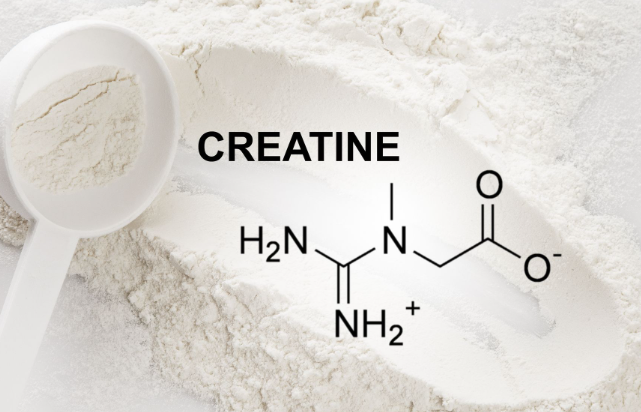
How Long Does Creatine Last?
When properly stored in cool, dry conditions and sealed from humidity, creatine monohydrate bulk typically lasts:
Up to 2 years factory sealed unopened
1 year opened then resealed
Reduce to 6 months opened in hot, humid environments
Liquid creatine has a much shorter lifespan around 2-3 months once opened. For maximal shelf life, stick with pure micronized monohydrate powder stored in proper conditions. Discard opened creatine exceeding one year old.
Can Expired Creatine Make You Sick?
Consuming creatine powder within several months past expiration is unlikely to make you sick or cause harm. However, ingesting very degraded creatine more than 2 years old could potentially cause temporary digestive upset like cramping or nausea in those sensitive.
But there are no documented long-term health risks or toxic effects. The main issue with expired creatine is lack of effectiveness, not safety. Aside from possible stomach discomfort, you can consume slightly expired creatine without significant health concerns.
In summary, creatine remains potent and effective for around 12-24 months when properly stored. Some degradation occurs after this time, reducing benefits. While generally safe, avoid using creatine more than 2 years old.
For maximal results, discard opened creatine exceeding 1 year old, and unopened creatine past the manufacturer's expiration date. When stored in cool, dry conditions and properly sealed, creatine supplements will maintain full potency for both sports performance enhancement and overall health.
If you want to buy creatine monohydrate in bulk, please contact us at email:info@scigroundbio.com.
References:
De Salles Painelli V, Saunders B, Sale C, Harris RC, Solis MY, Roschel H, Gualano B. (2021). Creatine Supplementation and Upper Limb Strength Performance: A Systematic Review and Meta-Analysis. Sports Med. 51(1):177-194.
Chilibeck PD, Kaviani M, Candow DG, Zahradnik JK. (2017). Effect of creatine supplementation during resistance training on lean tissue mass and muscular strength in older adults: a meta-analysis. Open Access J Sports Med. 8:213-226.
Rawson, E.S., Conti, M.P. and Miles, M.P. (2007), Creatine supplementation does not reduce muscle damage or enhance recovery from resistance exercise. J Strength Cond Res, 21: 1208-1213.
Louis, M., Poortmans, J.R., Francaux, M., Berre, J., Boisseau, N., Brassine, E., Cuthbertson, D.J., Smith, K., Babraj, J.A., Waddell, T. and Rennie, M.J. (2003), No effect of creatine supplementation on human myofibrillar and sarcoplasmic protein synthesis after resistance exercise. Am J Physiol Endocrinol Metab, 285: E1089-E1094.
Deldicque, L., Atherton, P., Patel, R., Theisen, D., Nielens, H., Rennie, M.J. and Francaux, M. (2008), Effects of resistance exercise with and without creatine supplementation on gene expression and cell signaling in human skeletal muscle. J Appl Physiol, 104: 371-378.
About Author

Celine Xu is a botanist with over 15 years of experience researching and developing plant extracts for nutritional and pharmaceutical applications. She leads an R&D team focused on identification, cultivation and extraction of medicinal plants. Celine Xu earned a Ph.D. in Plant Biology has authored numerous articles in peer-reviewed journals about the health benefits of specific phytochemicals. She frequently speaks at industry conferences about new developments in plant extract research. Celine Xu is dedicated to advancing the scientific understanding of how targeted plant compounds can be used to improve human health.
Related Industry Knowledge
- What does artemisinin do to the body?
- What is Maca Root Extract
- What does lentinan help with?
- What Are the Benefits of Pea Protein Powder
- Is L-Theanine the Same as L-Threonine?
- What Foods Have Vitamin B5
- What is Kakishibu Persimmon Extract Soap
- Is inulin soluble or insoluble fiber?
- How much protein in peas?
- Is Rice Protein The New Plant-Based Powerhouse for Muscle Building?
